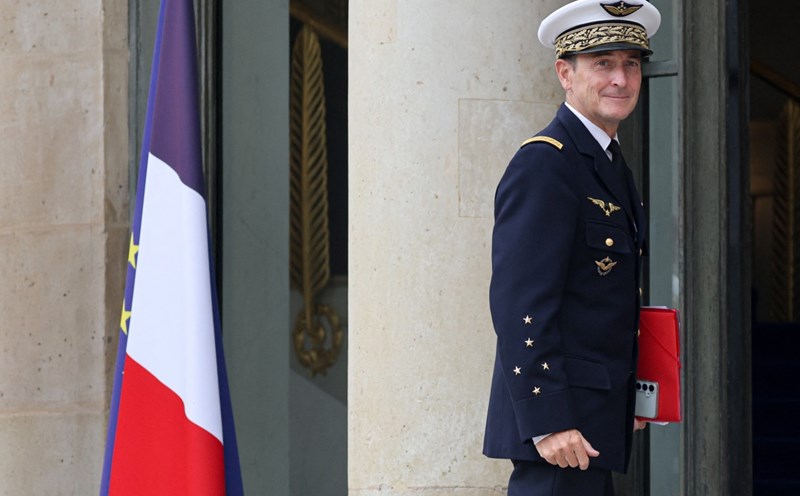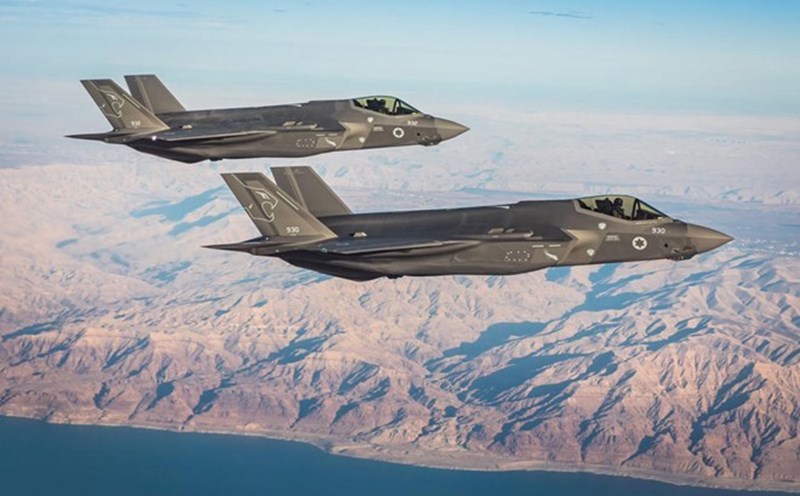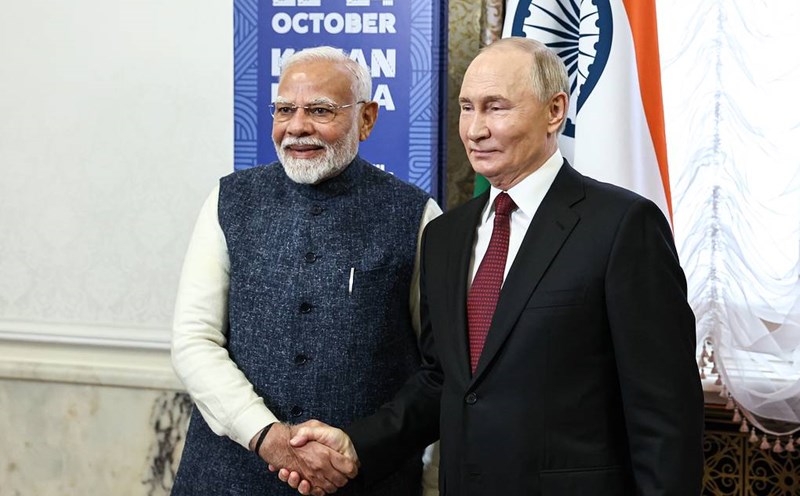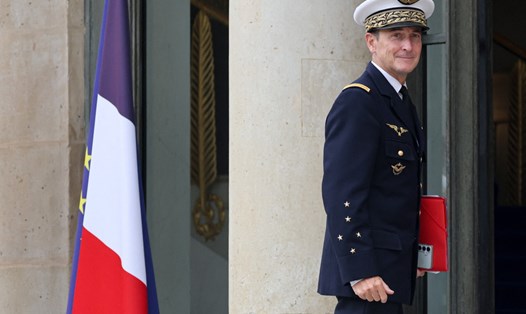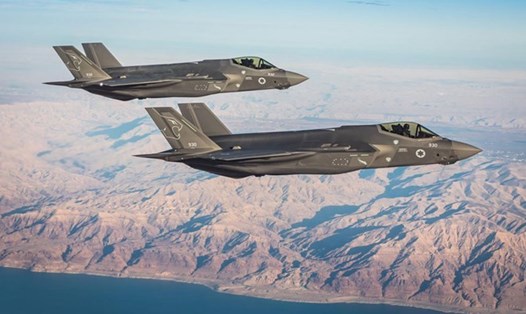French Army Chief of Staff Pierre Schill recently said that Paris is ready to send troops to Ukraine as early as next year as part of the security pledges that Western countries supporting Kiev are proposing.
Speaking to the House Defense Committee, Mr. Schill also emphasized that next year will be marked by alliances, referring to the large-scale Orion 26 exercise led by France, to test the ability to coordinate between NATO forces.
We are ready to deploy forces within the framework of security commitments, if necessary, for the benefit of Ukraine, Mr. Schill told the lawmakers.
Mr. Schill added that the French army is currently capable of responding to three "alarm" situations at the same time, including the possibility of deploying to Ukraine.
France could also maintain a national emergency warning level with about 7,000 soldiers mobilized within 12 hours to 5 days to serve domestic missions or NATO-based duties, Schill said.
The announcement came shortly after General Staff Chief of the French Armed Forces Fabien Mandon warned that the country's military must prepare for the possibility of confronting Russia in the next few years.
On October 22, Mr. Mandon said that Russia could expand the conflict to Europe with the continuous advance in Ukraine. This accusation, as well as similar statements from the leaders of the European Union (EU) and NATO, have been repeatedly denied by Russia.
Last month, US media reported that EU generals were drafting a plan to guarantee security for Kiev, which would send about 10,000 soldiers to Ukraine. One group will train and support Ukrainian units, while the other will act as a reassurance force after reaching a peace agreement.
Moscow strongly opposes any plans to deploy NATO troops to Ukraine, saying that Kiev's ambition to join the bloc is one of the main causes of the conflict.
Russian Foreign Ministry spokeswoman Maria Zakharova has accused Europe of doing everything possible to escalate the war, and criticized EU governments for unprofessional in not fully realizing the consequences of their actions.
While Russian Foreign Minister Sergei Lavrov noted, Moscow does not object to the idea of security guarantees for Kiev, as long as those agreements also take into account Russia's interests.

